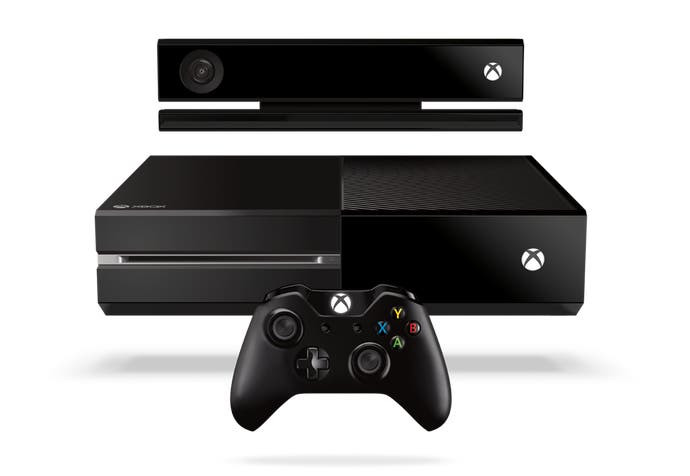Microsoft insists Xbox One Kinect doesn't record your conversations as privacy concerns build
You can "pause" Kinect while playing games.

Microsoft has addressed increasing privacy concerns around Xbox One and Kinect.
Microsoft's new console requires Kinect be connected to it to work, but, according to Microsoft, you can "pause" the motion sensor.
"At Microsoft, we prioritize your privacy," the company wrote in a new update to Xbox.com. "We understand that your personal data and privacy are important."
Microsoft said it will navigate you through Xbox One's privacy options, such as automatic or manual sign in, privacy settings and notifications about how your data is used. "When Xbox One is on and you're simply having a conversation in your living room, your conversation is not being recorded or uploaded," Microsoft insisted.
You can pause Kinect if you don't want it on while playing games. From there, you can still say "Xbox Off" to turn off the console. When Xbox One is off, it's only listening for the "Xbox On" voice command, Microsoft said, and you can turn that feature off too. "Some apps and games may require Kinect functionality to operate, so you'll need to turn it back on for these experiences."
Now on to your personal data. German authorities have expressed concern about the data Microsoft collects through Kinect, although Microsoft executive Phil Harrison told Eurogamer the company isn't using Kinect to "snoop" on players.
Today Microsoft said the data Xbox One collects will not leave the console without your explicit permission, and provided a couple of examples of how it will collect your data. A fitness game could measure your heart rate data to provide improved feedback on your workout, and a card game could allow you to bluff your virtual opponent using your facial expressions.
Microsoft said it's faster to find content using voice and gesture commands with Kinect, but you can use a controller, remote controls or a smart device. These can be used when Kinect is paused.
Microsoft is required to abide by European law that governs how companies use your data. In the UK, the Information Commissioner's Office, the body that fined Sony £250,000 following the PlayStation Network hack of 2011, enforces the Data Protection Act, itself the UK's interpretation of the EU's Data Protection Directive.

